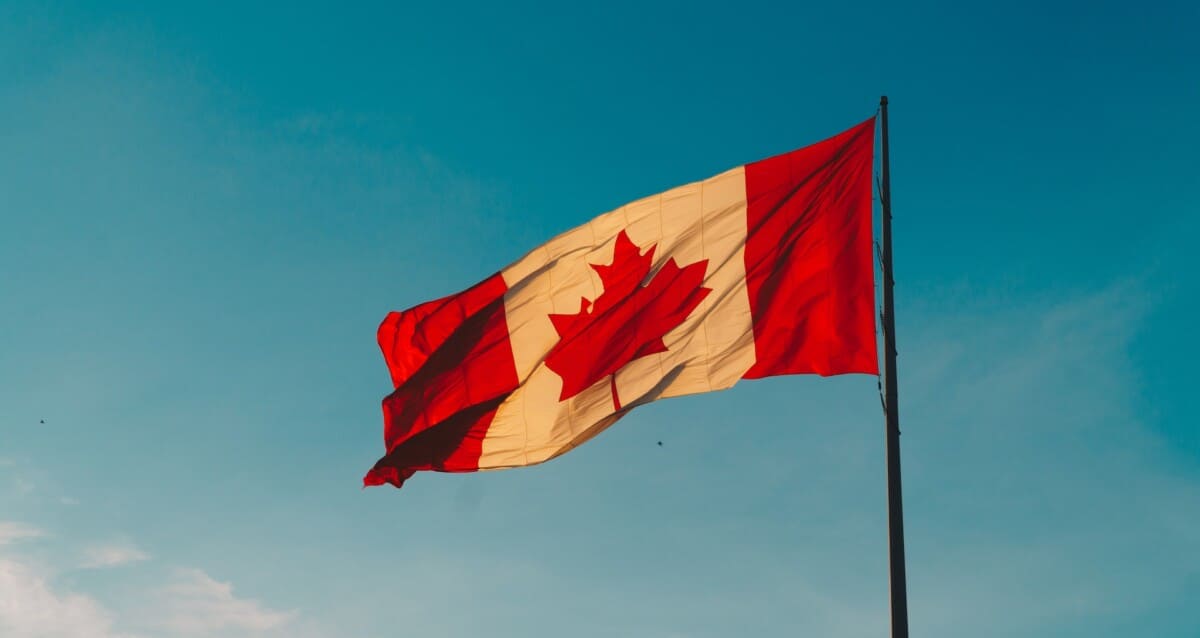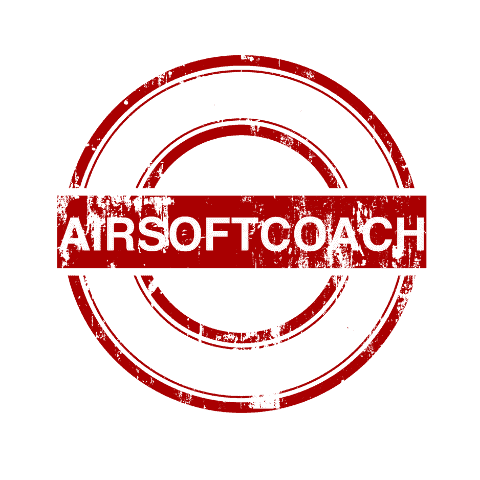
As an Airsoft enthusiast myself, I understand how the legality of Airsoft in Canada can be confusing and even intimidating for many players. That’s why I’ve put together this comprehensive guide, to provide you with a clear understanding of the laws governing Airsoft in this beautiful country.
Airsoft is not illegal in Canada, but it is subject to strict regulations. The legality depends on the classification of the Airsoft gun, with unregulated firearms, replica firearms, and prohibited devices being the main categories.
Additionally, import regulations, age restrictions, and local bylaws must be considered. It is essential to understand and follow these guidelines to participate in Airsoft responsibly and legally in Canada.
From restrictions to import regulations, I’ll break down the legislation you need to know, so you can safely and confidently enjoy the sport we all love.
1. The Firearms Act and Airsoft Guns
The Firearms Act is the primary piece of legislation governing the use and ownership of firearms in Canada. According to this Act, Airsoft guns can be classified into three categories:
- a) Unregulated Firearms
- b) Replica Firearms
- c) Prohibited Devices
a) Unregulated Firearms
Unregulated firearms are those that do not meet the legal definition of a firearm due to their low muzzle velocity and energy. Airsoft guns that shoot pellets at a velocity between 366 and 500 feet per second (FPS) and have a muzzle energy between 2.1 and 5.7 joules are considered unregulated firearms in Canada. They are not subject to licensing, registration, or other restrictions associated with firearms.
b) Replica Firearms
Replica firearms are devices that resemble real firearms but are not capable of firing a projectile. Airsoft guns that resemble real firearms but shoot pellets at a velocity of less than 366 FPS are considered replicas under Canadian law. Owning a replica firearm is not illegal; however, the Criminal Code prohibits the importation, manufacture, and sale of replica firearms.
c) Prohibited Devices
Airsoft guns that shoot pellets at a velocity greater than 500 FPS or have a muzzle energy exceeding 5.7 joules are classified as prohibited devices under Canadian law. It is illegal to own, manufacture, or import these devices without appropriate licensing and authorization.
2. Importing Airsoft Guns into Canada
The Canada Border Services Agency (CBSA) regulates the importation of goods into the country, including Airsoft guns. To legally import an Airsoft gun into Canada, it must:
- a) Have a muzzle velocity between 366 and 500 FPS
- b) Not be considered a replica firearm or prohibited device
Airsoft guns falling within these parameters are not subject to import restrictions. However, it is the importer’s responsibility to provide documentation proving that the Airsoft gun meets the legal requirements. Failure to do so may result in the seizure of the item at the border.
3. Age Restrictions for Airsoft Gun Ownership
There are no federal age restrictions on the ownership of Airsoft guns in Canada. However, some provinces and municipalities have implemented their own restrictions.
For example, in Ontario, individuals under the age of 18 are prohibited from purchasing Airsoft guns, while in British Columbia, the minimum age is 16. It is important to consult local laws to determine the age restrictions in your area.
4. Transportation and Storage of Airsoft Guns
Airsoft guns, though not classified as firearms, should still be treated with caution and respect. When transporting an Airsoft gun, it is recommended to:
- a) Carry it in a locked, opaque container
- b) Remove the magazine and any pellets
- c) Store the Airsoft gun and ammunition separately
Following these guidelines will ensure safe transportation and reduce the risk of accidental discharge or misunderstandings with law enforcement.
5. Airsoft Gun Use on Private Property
Airsoft guns can be legally used on private property with the consent of the property owner. It is essential to communicate with neighbours and local law enforcement to avoid misunderstandings or complaints. Additionally, ensure that all participants are aware of the safety rules and guidelines while playing.
6. Airsoft Fields and Facilities
Airsoft fields and facilities provide a controlled environment for enthusiasts to participate in the sport. These venues often have safety rules, insurance coverage, and staff to ensure a secure and enjoyable experience. Before participating in an organized Airsoft event, it is crucial to familiarize yourself with the venue’s policies, safety guidelines, and any local laws governing the use of Airsoft guns.
7. Legal Modifications and Upgrades
Modifying or upgrading an Airsoft gun can potentially change its legal classification. For instance, increasing the muzzle velocity above 500 FPS or the muzzle energy beyond 5.7 joules may result in the Airsoft gun being classified as a prohibited device. Before making any modifications or upgrades, consult local laws and guidelines to ensure compliance.
8. Legal Consequences of Misusing Airsoft Guns
Misusing Airsoft guns can lead to severe legal consequences. Using an Airsoft gun to intimidate, threaten, or commit a crime is a criminal offense, punishable by fines and imprisonment. Additionally, negligent or reckless behaviour with an Airsoft gun may result in civil liability for any injuries or damages caused.
9. Municipal Bylaws and Airsoft
Some Canadian municipalities have implemented bylaws that regulate the use and possession of Airsoft guns within city limits. These bylaws may include restrictions on discharging Airsoft guns in public spaces, displaying Airsoft guns in public, or transporting Airsoft guns within the municipality. It is important to consult your local bylaws to ensure compliance with any specific regulations.
10. Future Changes in Airsoft Legislation
The legal landscape surrounding Airsoft in Canada is subject to change as lawmakers continue to assess the sport’s impact on public safety.
Potential future changes may include tighter restrictions on Airsoft gun ownership, increased regulation of Airsoft fields and facilities, or the implementation of federal age restrictions. It is crucial for Airsoft enthusiasts to stay informed of any legislative changes to ensure ongoing compliance.
Penalties For Breaking The Law In Canada
The penalties for breaking the law when it comes to airsoft in Canada can be severe. Anyone who is caught carrying an airsoft gun in public can face criminal charges. This can result in a fine, a criminal record, and even jail time.
Penalties for violating age restrictions can also be severe. Anyone under the age of 18 who is caught playing airsoft without written permission from their parent or legal guardian can face criminal charges. This can result in a fine, a criminal record, and even jail time.
Alternatives To Airsoft In Canada
If you feel any of the above is too complicated or your still not sure what to do, there are alternatives sports you can play. If you’re looking for alternatives to Airsoft in Canada, there are several other recreational activities and sports that offer a similar adrenaline rush and camaraderie.
Here are a few options to consider:
- Paintball: Paintball is a popular alternative to Airsoft, involving teams using air-powered markers to shoot paint-filled pellets at opponents. Paintball facilities are widespread across Canada, offering various game formats and styles.
- Laser Tag: Laser Tag is a non-contact sport that involves players using infrared-emitting guns to tag opponents. Many indoor and outdoor laser tag facilities are available across Canada, making it a fun and safe option for people of all ages.
- Archery Tag: Archery Tag combines elements of dodgeball, paintball, and traditional archery. Participants use foam-tipped arrows and bows to tag opponents in a fast-paced, team-based game. Several Archery Tag facilities are available throughout Canada.
- Nerf Wars: For a more casual and budget-friendly option, consider organizing a Nerf War with friends or family. Using foam dart blasters, players can engage in friendly battles in various indoor or outdoor settings.
- Outdoor Adventure Sports: I know, this is not a shooting sport, however, if you’re looking for activities that capture the spirit of teamwork and excitement, consider exploring outdoor adventure sports such as hiking, mountain biking, rafting, or rock climbing.
Conclusion
To summarise this article, Airsoft is not entirely illegal in Canada, but it is heavily regulated. The sport’s legality depends on the classification of the Airsoft gun, import regulations, age restrictions, and local bylaws.
By adhering to the guidelines and legislation outlined in this article, Airsoft enthusiasts can responsibly participate in the sport while minimizing potential legal issues.
Staying informed about any changes to the legal landscape is vital for maintaining compliance and promoting a safe and enjoyable Airsoft experience for all.

